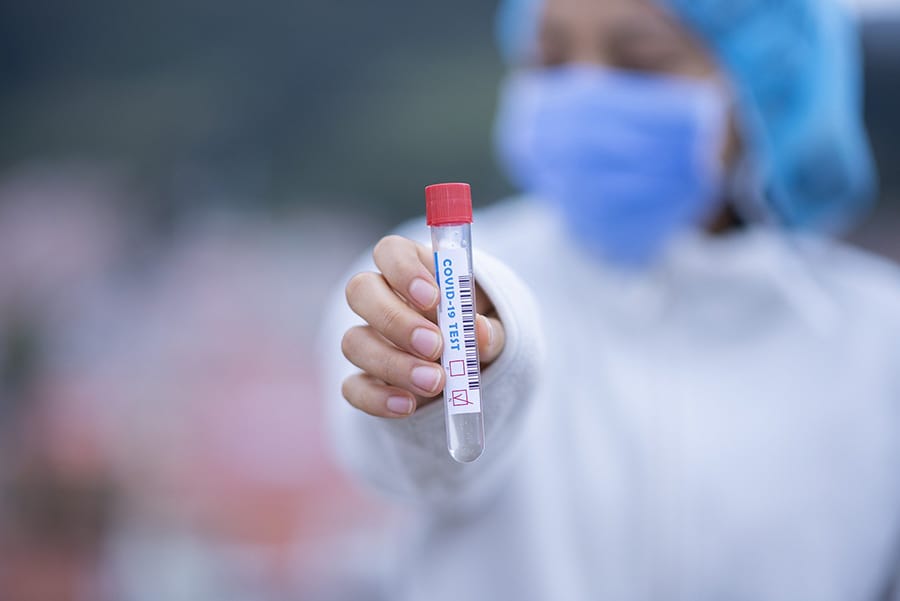UK Government announces £149m to support increased care home testing

The Department of Health and Social Care (DHSC) has announced that care homes across England will have access to additional rapid testing to test staff twice weekly to help protect residents and workers from COVID-19.
This twice-weekly testing comes in light of the new, more contagious strain of the virus.
Now, care homes in all tiers will have access to the £149 million grant to support the roll-out of rapid testing.
The money will pay for care home providers to set up safe testing areas, provide staff training and contribute towards staff time spent on administering and receiving the tests. This is in addition to the more than £1.1 billion Infection Control Fund and is supported by over 16 million rapid tests and 46 million items of personal protective equipment (PPE) delivered for free to care homes over the last month.
In the event of a positive test in a Tier 4 care home, all staff will additionally be tested daily for seven days, DHSC has confirmed.
Health and Social Care Secretary Matt Hancock said: “We have worked throughout the pandemic to protect staff, and residents in care homes and today we are boosting rapid testing in care homes, with a further £149 million pounds to support that effort.
“All those who work in care homes across England will receive 2 rapid tests a week, in addition to their weekly PCR test.”
The government says that care home visits can still take place in Tier 4 areas subject to specific arrangements, such as substantial screens or visiting pods. However, DHSC says that close-contact indoor visits cannot take place in Tier 4 areas in a bid to protect vulnerable residents and their families.
Outside of Tier 4 areas, friends and family are able to visit relatives in care homes that are not currently experiencing an outbreak if they receive a negative result prior to the visit, wear PPE and follow all other infection prevention and control measures.
DHSC says this approach seeks to achieve the right balance between the increased risk of infection transmission and the clear benefits to the mental and physical health of residents and their families that visiting enables.
The government adds that whilst the new COVID-19 strain transmits more easily than the previous variant, there is no evidence that it is more likely to cause severe disease or mortality. It says that the twice-weekly testing will help prevent transmission of the virus but that wearing PPE and adhering to infection control guidance will further keep staff and vulnerable people safe.
If a care home experiences a coronavirus outbreak, it will not be able to receive visitors, apart from in exceptional circumstances such as end of life, the government adds.


